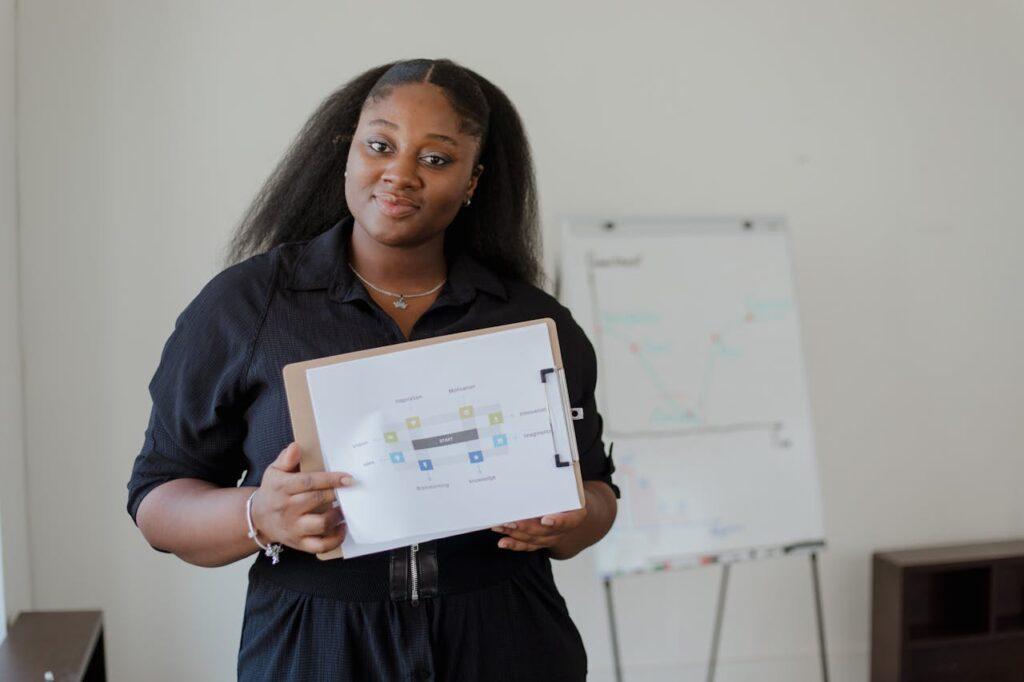Take Action: 5 Ways To Improve Your Problem-Solving Skills

Problems are a regular part of life. Taking the time to improve your problem-solving skills in your professional and personal lives will go a long way. Let’s look at five steps for facing the next challenge without feeling so overwhelmed.
What is Problem-Solving?
Problem-solving is about understanding the root cause of the problem and coming up with a viable solution. There are many ways to approach problem-solving. In addition, implementing your solution and taking stock of your outcome is also important. Let’s explore some ways you can improve your problem-solving skills.
1. Get curious.

When you take a step back to reflect and identify what is causing the problem you arm yourself to arrive at the best resolution. What if your problem is deeper than the initial inconvenience?
For example, you might be focused on how you can no longer perform well in your daily life. Asking yourself “why,” you begin to understand that you’re experiencing burnout. As you review your circumstances, you find that you’re overcommitted, overworked, or in need of a change.
You may think that your low energy or disinterest in your daily life is the problem. But by digging deeper, you start to recognize that it’s linked to a lack of boundaries or the need to do more things for the sake of your enjoyment.
2. Brainstorm.
Allow yourself to openly consider possible solutions. When you let your mind roam, you’ll likely arrive at the best answer for your particular situation. According to Harvard Business School, tapping into your creativity opens the door to thinking outside the box. With an open mind, you can find unconventional answers to your problems.
3. Plan in reverse.
If you already know what you want, you can work backward, break down the steps, and achieve the desired result. For example, if you know you want to create a podcast or get a promotion in the future, what steps do you need to take to make that happen? Take the time to do some research and chart out a course you can take to achieve your desired result.
4. Trust your gut.

If you tend to get bogged down by too much information, try another route. It’s easy to lose yourself in analysis paralysis. Instead, tap into your intuition. What outcome draws you? Get present with yourself and trust yourself to make the best decision.
5. Evaluate the outcomes.
Understanding how well your solutions work can help you build confidence and recognize where you may need to change your thinking. Experience is an excellent teacher. Per Psychology Today, this isn’t about regretting your decisions, but rather reflecting on your choices to determine if they were ultimately suitable. Assessment can help you improve your chances of coming up with better solutions.
You can’t know everything, so remember that there’s no one right way to solve a problem. Employ any number of problem-solving methodologies to succeed in landing on a solution. What’s most important is that it’s the right one for you, and you’ll only know by taking action. Implementing your solution is equally important as exploring your options. As you get experience, you’ll continue to develop your skills.
The author’s content and opinions have not been pre-reviewed, approved or endorsed by Discover.





